As the world grapples with the rapid advancement of artificial intelligence (AI), a pressing question has emerged: how can we ensure that AI systems are trustworthy and transparent? The answer, it seems, lies not in the expertise of a select few, but in the collective wisdom of a diverse panel of peers.
Meet Vinay Chaudhri, a researcher who has been exploring ways to gauge the trustworthiness of AI models. In a recent article published in Nature, Chaudhri proposed using a combination of expert interviews and a Sunstein test to assess an AI model's true level of understanding. The Sunstein test, named after the philosopher Cass Sunstein, involves evaluating an AI model's ability to explain its decision-making process in a way that is transparent and understandable to humans.
While Chaudhri's approach is a step in the right direction, it raises important questions about the role of expertise in evaluating AI trustworthiness. As Cathy O'Neil, a mathematician and critic of AI, pointed out in her book review, the objectives of AI systems often reflect the goals of the select few people who build and control them. This raises concerns about the potential for AI systems to perpetuate existing power structures and inequalities.
To address these concerns, Chaudhri's approach needs to be supplemented with a more inclusive and diverse panel of peers. This panel should consist of experts from various fields, including social sciences, humanities, and community leaders, who can provide a more nuanced understanding of the potential impact of AI on society.
One of the key challenges in evaluating AI trustworthiness is the lack of transparency in AI decision-making processes. AI models often rely on complex algorithms and data sets that are difficult to understand, even for experts. This lack of transparency can lead to biased decision-making and perpetuate existing social inequalities.
For example, a study published in Nature found that AI-powered hiring tools often perpetuate biases against certain groups of people, such as women and minorities. This is because the data sets used to train these tools often reflect existing biases and stereotypes.
To address this issue, Chaudhri's approach needs to be expanded to include a more diverse panel of peers who can provide a more nuanced understanding of the potential impact of AI on society. This panel should include experts from various fields, including social sciences, humanities, and community leaders, who can provide a more comprehensive understanding of the potential consequences of AI decision-making.
As O'Neil pointed out, "The objectives of AI systems reflect the goals of the select few people who build and control them." This highlights the need for a more inclusive and diverse panel of peers who can provide a more nuanced understanding of the potential impact of AI on society.
In an interview, Chaudhri acknowledged the limitations of his approach and emphasized the need for a more inclusive and diverse panel of peers. "We need to bring in more diverse perspectives and expertise to ensure that AI systems are trustworthy and transparent," he said.
The implications of this issue are far-reaching and have significant consequences for society. As AI becomes increasingly integrated into our daily lives, it is essential that we have a clear understanding of its trustworthiness and potential impact.
In conclusion, while Chaudhri's approach is a step in the right direction, it needs to be supplemented with a more inclusive and diverse panel of peers. This panel should consist of experts from various fields, including social sciences, humanities, and community leaders, who can provide a more nuanced understanding of the potential impact of AI on society. By working together, we can ensure that AI systems are trustworthy, transparent, and beneficial to all.
As we move forward in the development of AI, it is essential that we prioritize transparency, accountability, and inclusivity. By doing so, we can create AI systems that are not only trustworthy but also beneficial to all members of society.






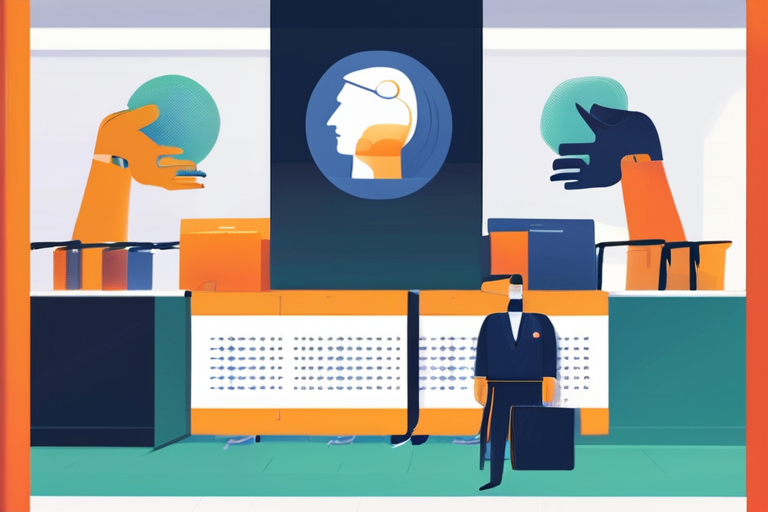




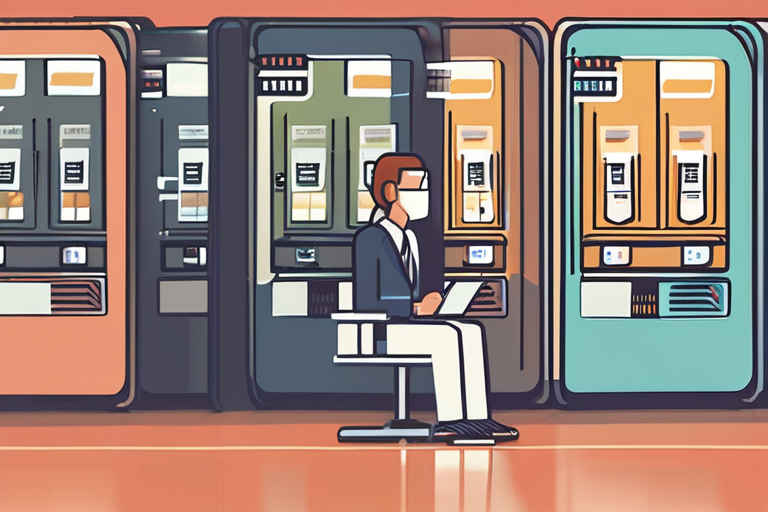
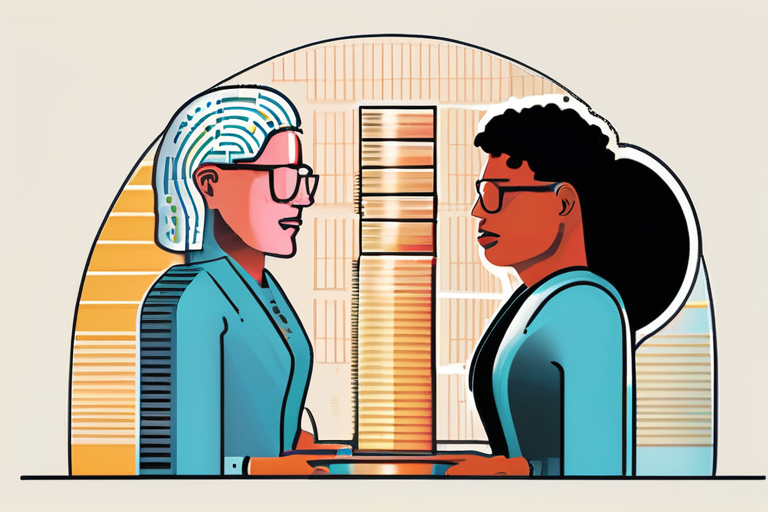
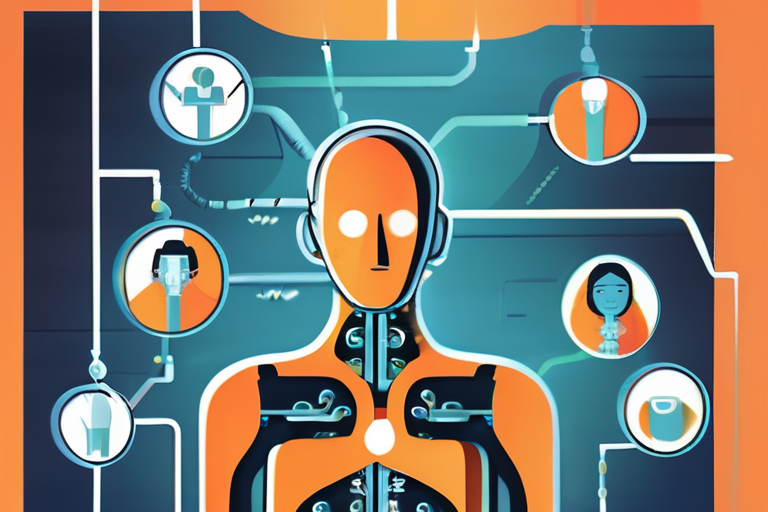
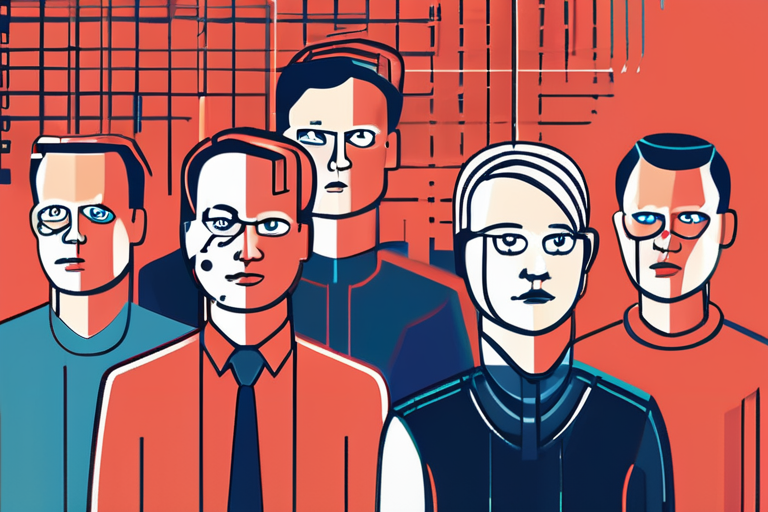

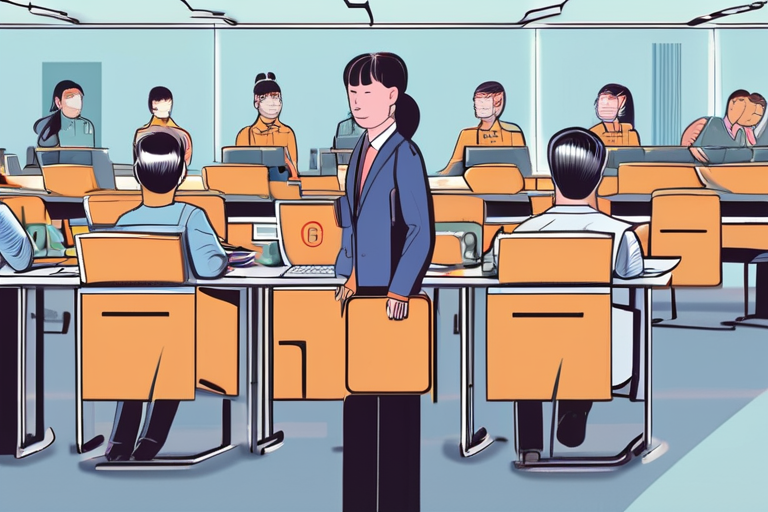
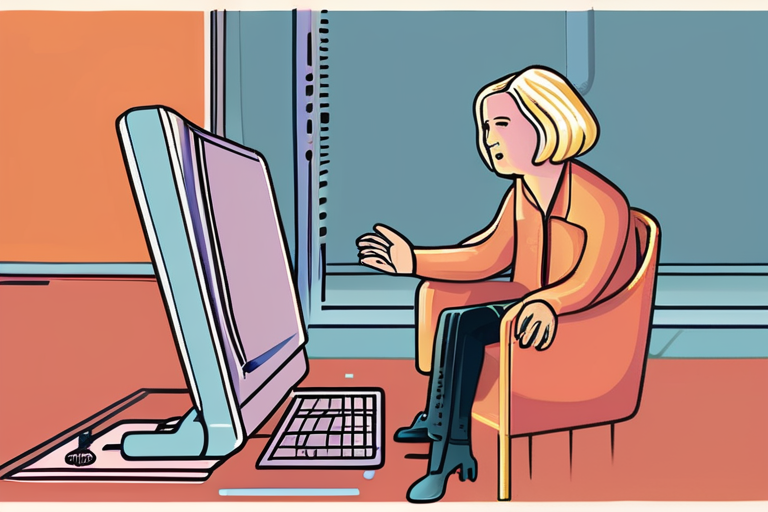



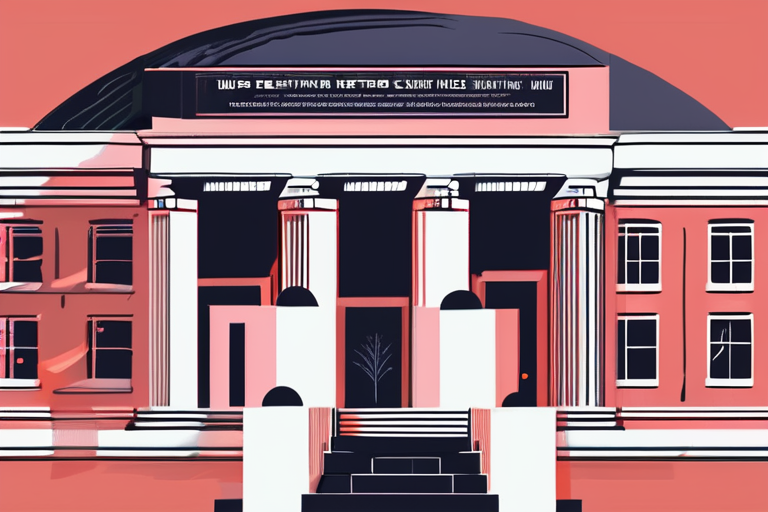




Share & Engage Share
Share this article